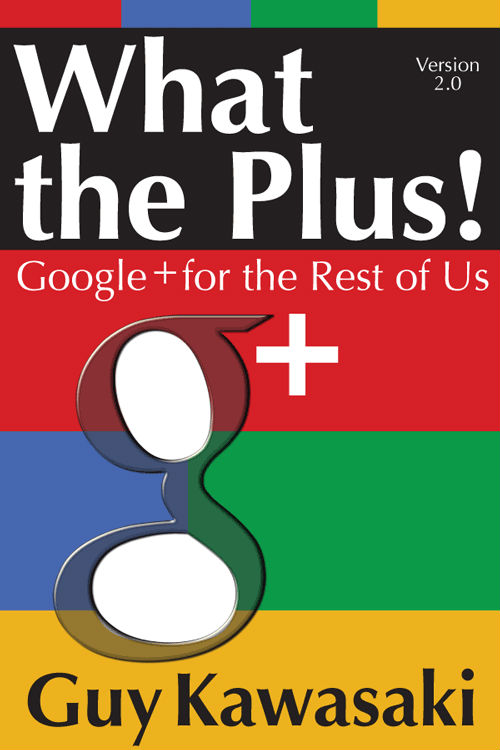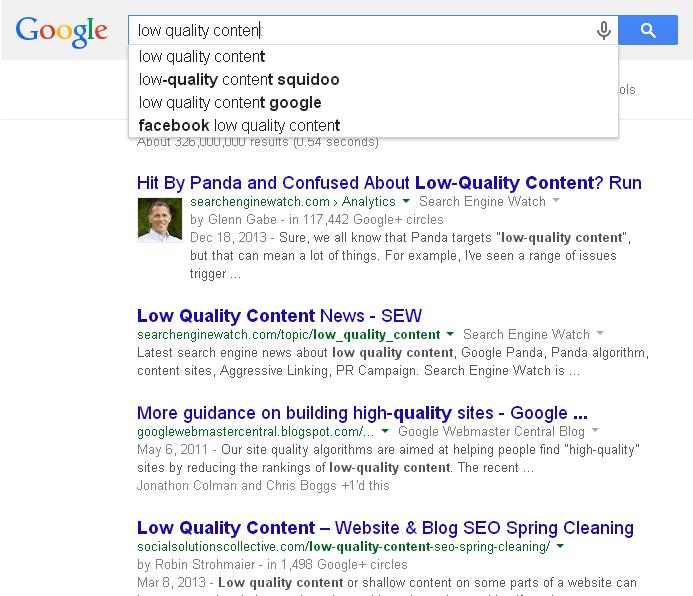Why Cheap Content Is Dying

Is There Room For Digital Non-Fiction Books?

How Attorneys Market Themselves Online
Last October, content mill superstar Demand Media published a press release announcing the sudden resignation of CEO Richard Rosenblatt. The natural question that follows a move like this is, Why?
The company got its start in 2006, the same year I went full-time as an online content writer. In 2011, Demand Media made the news with its IPO. Shortly after, Google killed it with an algorithm update designed to squelch low-quality content.
Who can blame them?
Many high profile SEOs and online marketers were critical of Demand Media. It wasn’t unwarranted. Just browse eHow, one of their signature websites, and you’ll see why low quality content has so many content producers up in arms. HINT: It wasn’t the low quality, per se; it was the fact that so many of those low quality articles ranked well in the search results.
Interestingly, following Rosenblatt’s announced departure, the company laid off their entire R&D department.
That can only mean one thing: The content farm industry is dead.
I Could Have Been A Content Mill King
Google killed spam. My partner got sick, and I ended up managing the entire business for quite a while. We stopped growing.
At first, I thought, “How can anyone make a living doing this?” I was making $10 an article then.
Coming from a journalism background, I knew that a person couldn’t make a living working for peanuts and be able to churn out quality content. Fortunately for me, Google wasn’t very concerned about quality in those days. Thankfully, neither were my clients.
I’m ashamed to admit it, but I decided that the only way I was going to make any money writing articles was to write them fast. I’d get a batch of 10 articles on the same topic, spend 15 minutes researching the topic, and then spend 45 minutes writing articles. That was $100 an hour!
My boss called me up one day and asked if I’d manage the process. We were getting so much business he couldn’t manage it all AND talk to clients. I took the challenge.
Suddenly, my pay went up. I still got paid $10 for each article I wrote, but I got an additional $5 for each article I didn’t write and all I had to do was assign articles to writers and get them in on time. A month later, my boss called again. He wanted me to manage commercial blogs.
Our business grew, and it grew fast. Between managing articles and blogs, I made a full-time income, and there were some months when I made a full-time income without needing to write a word. As long as my boss kept bringing in the business, we were going to do well. And we did quite well for a couple of years.
Then Google killed article marketing. There went one arm of our business. But blogging was still alive. A couple of years later, splog content wasn’t doing so well either.
Luckily, by then, I’d already transitioned our writing process from strictly keyword-based to natural language writing with keywords peppered in. We had our fleet of loyal clients who continued to let us write their blog content. Many of them are still with us today, and I credit that to my being able to write great content as opposed to spammy content in every post.
When my boss made me a partner in 2009, I had high hopes. I thought we were going to ride the gravy train to fame and fortune. Boy, was I wrong.
Things happened. Google killed spam. My partner got sick, and I ended up managing the entire business for quite a while. We stopped growing. The bright side was the business wasn’t shrinking. Meanwhile, I found myself wanting to do something more. I wanted to go after better clients and write a higher quality content–something I knew I could do.
The Push To Kill Low Quality Content
If searchers go somewhere else, they won’t click on ads and that will affect the search engine’s profitability.
If searchers go somewhere else, they won’t click on ads and that will affect the search engine’s profitability. It’s easy to see, isn’t it?
Because searchers expect the highest quality content when they look for information, content producers–like Demand Media, and myself–have a choice. We can continue picking the low hanging fruit or wise up and start selling higher quality content. I don’t expect Demand Media to make that choice, but I know which choice I’ve made.
I intend to produce the highest quality content possible–for myself and my customers–or go out of business.
Contact me through my contact form or
Call 717-253-2306


